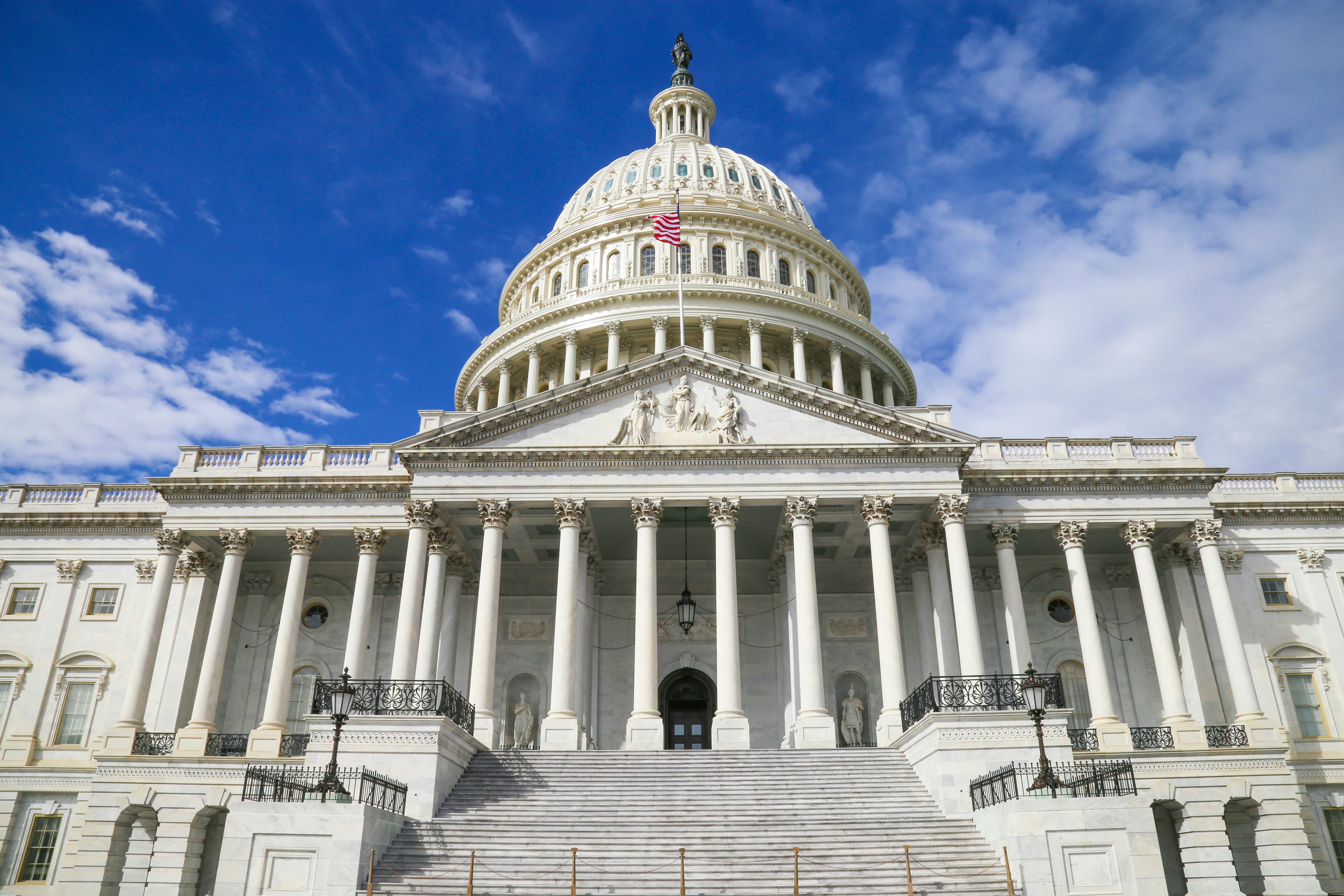Field of Membership Linked to Tax Exemption
As credit unions' fields of membership become ever more broad, some question the tax-exempt status that even large credit unions like Navy Federal enjoy


FOM and Taxation
In advance of the Memorial Day break this week, the Competitive Enterprise Institute reminded the retiring-Senate Finance Committee Chairman Orrin Hatch (R-Utah) that he helped push through the Tax Cuts and Jobs Act last year, so it only makes sense to leave the credit union tax exemption alone. Hatch is retiring from the Senate at the end of this congressional calendar year and has represented a particularly rabidly anti-credit union state for seven six-year terms.
The letter was in response to a couple different moving parts in Washington. First, on May 25 the Joint Committee on Taxation of the Congress estimated the credit union tax exemption to continue growing in value to credit unions—to the detriment of the U.S. Treasury. The dollar estimate for 2016 was $2.6 billion, increasing to $3.2 billion by 2020 and totaling $14.4 billion over the five-year span.
Second and in preparation for the annual report, the National Taxpayers Union—a self-described pro-taxpayer group—wrote Senator Hatch, stating, “The budget and revenue implications of current policy are significant. If preserved in its entirety, the credit union tax exemption’s revenue impact will be $35 billion over the next decade, according to the Office of Management and Budget. About 75% of the tax advantage flows to the top 5% of credit unions, which are worth over $1 billion. These facts illustrate one of many areas where reform could open up avenues for making permanent or strengthening tax policies that benefit entire business sectors.”
“Who is to say a social media network of overly tired mothers isn’t as legitimate a common bond as one’s church?”
They proclaim that some large credit unions have strayed from their roots, adding, “These particular entities have eased their membership requirements and accepted customers who do not meet their original qualifications, which they set themselves. In doing so, they may have undermined the common bond requirement.”
Fields of membership have opened up over the years. Technology has allowed vehicles to travel farther and airfare to become cheaper, and thus the world has become much smaller. MBA courses are instructing on a global scale as businesses expand worldwide. Networks are no longer restricted to workplaces or geographic areas. Who is to say a social media network of overly tired mothers isn’t as legitimate a common bond as one’s church? The meaning of common bond has changed, but it doesn’t mean that fields of membership are not incredibly restricting relative to the modern world.
Want to determine your most efficient and effective field of membership expansion? Request more information on our field of membership consulting!
Although a couple dozen credit unions operate in a way that allows them essentially unlimited membership, another 5,000+ exist that do not. Navy Federal is the largest credit union in the U.S. and enjoys an expansive field of membership, but it’s average loan amounts per member are below credit unions’ nationwide average loan per member. While it very likely has high ranking military and even top-earning civilian members, it’s also serving copious enlisted men and women in ways that most banks cannot or will not. Credit unions are growing because they do the right thing by their members; they could expand their fields of membership to the moon and beyond, and it wouldn’t matter if they weren’t doing a superior job of serving their members.
Credit unions still enjoy support from many members of Congress, including the CEI mentioned earlier, and so Hatch’s lame-duck attempt at re-examining the tax exemption is unlikely to do more than make the banking lobby happy. The CEI letter, like any good group of conservatives, which included 13 signatories from various supportive associations, invoked the memory of President Ronald Reagan, who said in 1984, “Credit unions are uniquely democratic economic organizations, founded on the principle that persons of good character and modest means, joining together in cooperative spirit and action, can promote thrift, create a source of credit for productive purposes, and build a better standard of living for themselves.” The letter added that credit unions are particularly important to our troops, because some of the largest are military based and they need the services of financial institutions that truly understand their specific needs. Precisely the point of credit unions and their tax exemption. So is it really fair that National Taxpayers Union linked credit union's tax exemption to their field of membership?
Field of Membership Expansion









.png)
.jpg)


























.jpg)









